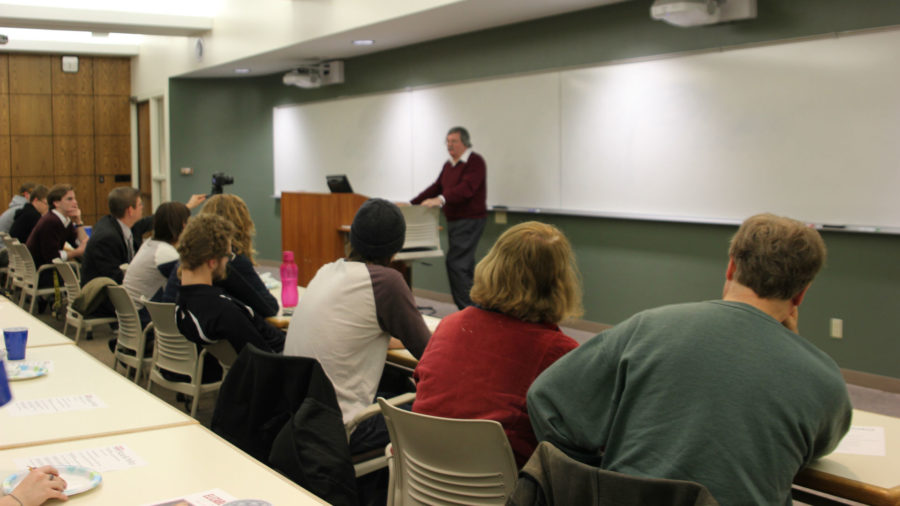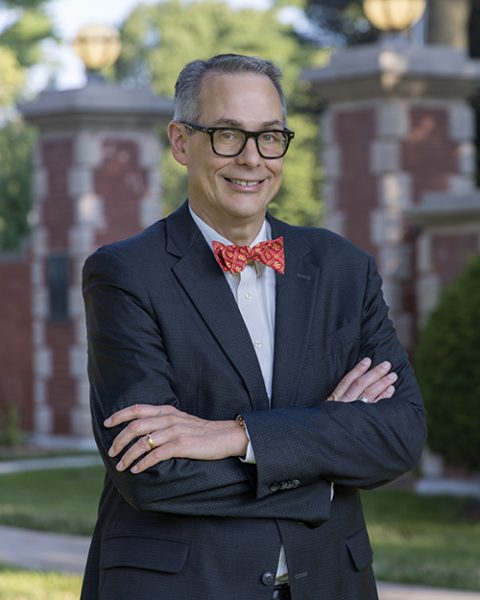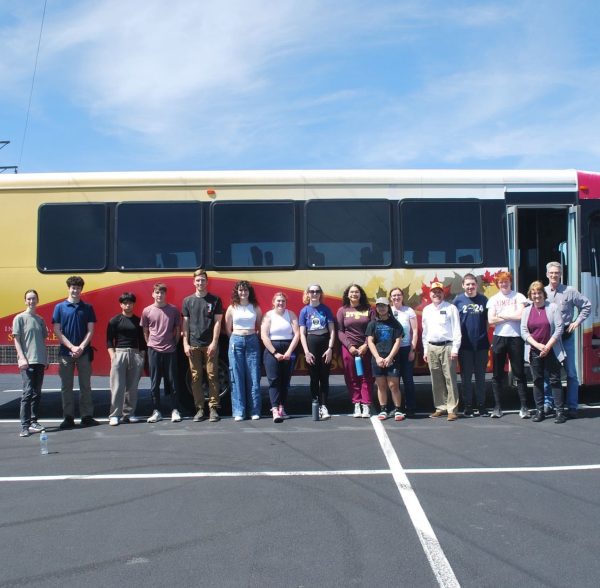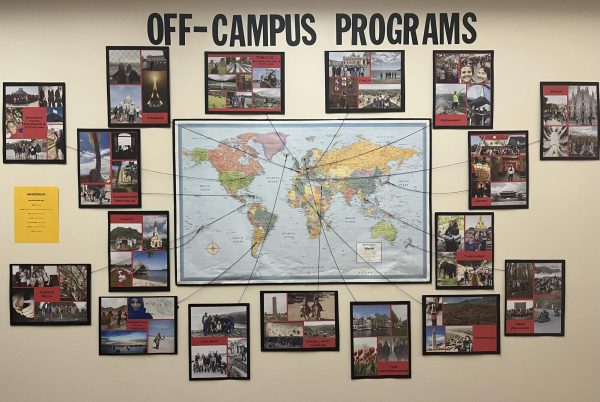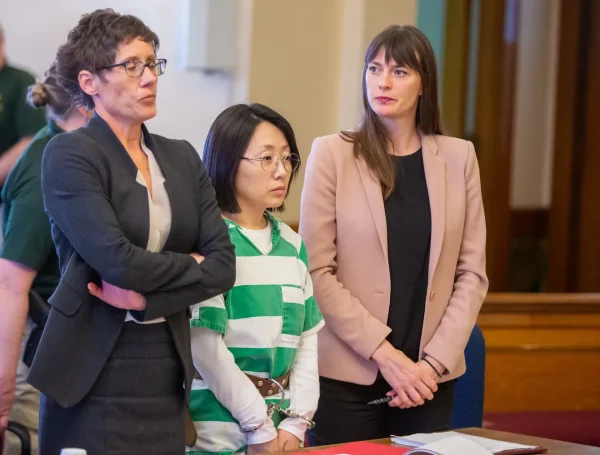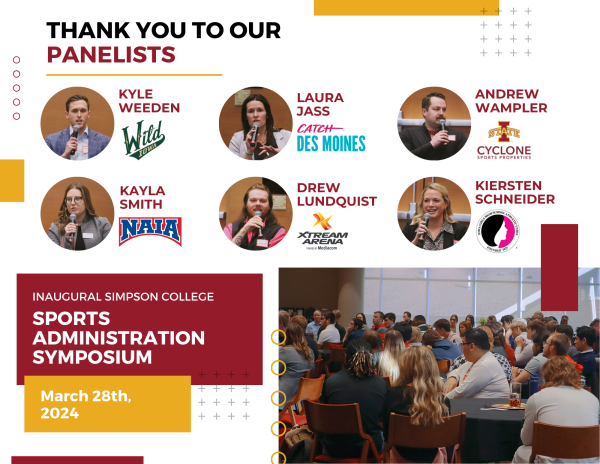Large pepperoni with Supreme Court vacancies on the side
March 30, 2016
The John C. Culver Public Policy Center has the recipe to forum success: food.
With the promise of free pizza, numerous Simpson students and faculty gathered on last week to hold a political discussion.
The topic of the Culver Public Policy Center’s Pizza and Policy Issues Briefing was Supreme Court vacancies during election years, led by John Epperson, professor of political science.
The issue stems from the recent death of Justice Antonin Scalia, leaving a vacant seat in the Supreme Court just 342 days before the end of President Barack Obama’s second presidential term.
According to Article II, Section 2 of the Constitution, the standing president has the authority to nominate an individual to the Supreme Court and that the power to provide advice and consent lies with the Senate.
On March 16, Obama used his power and nominated Merrick Garland, the chief judge on the D.C Court of Appeals to fill the vacancy.
In response, Iowa Sen. Chuck Grassley, chairman of the Senate Judiciary Committee, said, “Nowhere in the Constitution does it describe how the Senate should either provide its consent or withhold its consent.”
Grassley, along with other political forces echoing his belief, added that he supports withholding any nomination the president puts forth.
Grassley said his decision on the nomination is because he believes the next president to be elected should be the one to make the nomination, according to senate.org.
“A lifetime appointment that could dramatically impact individual freedoms and change the direction of the court for at least a generation is too important to get bogged down in politics,” he said. “The American people shouldn’t be denied a voice.”
The disagreement quickly led to a controversy about whether the Senate should or should not support the nominees.
While many people knew something about the issue, according to Epperson, not everyone knows the logistics, therefore making it an important discussion topic of students.
“The court is deciding on pretty serious issues on a variety of things,” Epperson said. “Most people have at least heard about the issue and Chuck Grassley. He’s an Iowan, and he is pretty involved in it.”
Kaye Taylor, senior political science major, said she was unaware of the nomination but was interested in what she learned during the pizza and policy event.
“I thought I knew a lot about(the issue), but I came back from spring break not even knowing Obama nominated someone for the position,” she said. “I think that this is really important for students to care about because the Supreme Court passes legislation and makes decisions that affect every day of our lives.”
According to Epperson, these vacancies are not as uncommon as some people may think.
According to the New York Times, the Senate has voted on eight Supreme Court nominees during an election year since 1900. Six of those seats were confirmed.
Molly Monk, senior international relations and political science major, first proposed the topic of Supreme Court vacancies during an election year to Epperson after discussing the topic with other Culver fellows.
“We had all been having a long discussion about the Supreme Court,” she said. “This is pretty relevant to Iowans and also to people on campus. So we decided there was a lot of interest and we should talk about it more.”
Epperson recommends that students who are interested in the topic get involved in the wider discussion surrounding the issues.
“You can write letters, read the newspaper, and engage with other people to enter the discussion,” he said.
He also added during the presentation, “This set of events is an example of why elections matter.”
Taylor said she tries to stay involved, and said, “Students should be involved in politics more. It’s an important issue to be involved in.”
The Culver Center is planning the next briefing in the series.



